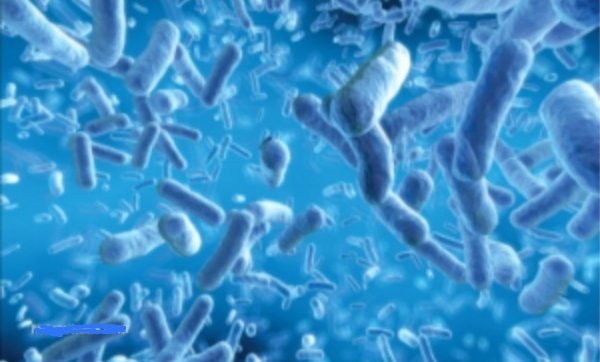What is the difference between bacteria and virus?


Bacteria and viruses are both types of microorganisms that can cause disease, but they differ in several ways:
Size: Bacteria are larger than viruses. Most bacteria are about one micrometer in size, while viruses are much smaller, typically ranging from 20 to 300 nanometers.
Structure: Bacteria are single-celled organisms with a simple structure that includes a cell wall, cytoplasm, and genetic material in the form of DNA or RNA. Viruses, on the other hand, are not cells, but rather particles consisting of genetic material (DNA or RNA) surrounded by a protein coat.
Reproduction: Bacteria reproduce by dividing into two cells through a process called binary fission. Viruses cannot reproduce on their own and need to invade a host cell to replicate.
Treatment: Antibiotics are effective against bacterial infections, but they have no effect on viral infections. Antiviral drugs are available for some viral infections, but their effectiveness is limited.
Vaccines: Vaccines are available to prevent some bacterial infections, such as those caused by pneumococcus or meningococcus. Vaccines are also available to prevent some viral infections, such as those caused by the flu virus or HPV.
Overall, bacteria and viruses are very different types of microorganisms with different structures, reproductive strategies, and responses to treatment.